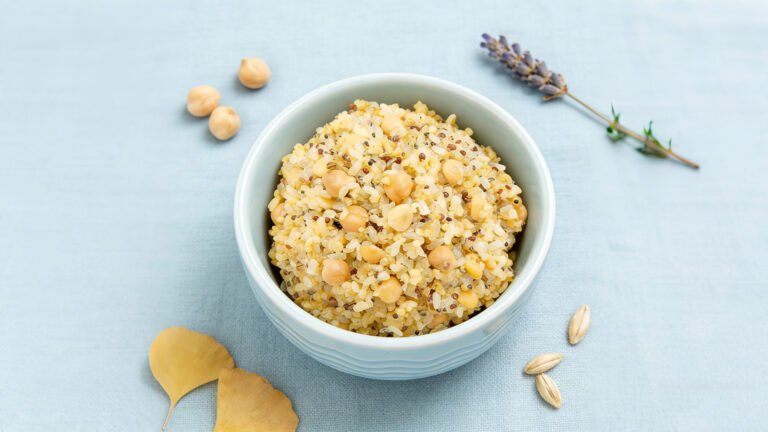
Contact Us through info@lovekonjac.com
As the popularity of veganism continues to rise,more and more people are discovering the delicious and diverse array of plant-based foods. The once-common misconception that vegan diets are bland and nutrient-deficient has become far less relevant, thanks to the incredible culinary innovations that have emerged in recent years. So, what is veganism all about, and why are more people choosing to adopt a vegan diet?
Veganism is the practice of abstaining from the use of animal products—particularly in diet—and an associated philosophy that rejects the commodity status of animals. A person who follows the diet or philosophy is known as a vegan.
https://books.google.com/books?id=vQNgAwAAQBAJ&pg=PA262#v=onepage&q&f=false
A vegan diet is rooted in the principles and lifestyle of veganism, which aims to avoid all forms of animal consumption and cruelty. People who follow a vegan diet consciously choose not to eat animal products, such as meat, eggs, dairy, honey, and other animal-derived substances like gelatin or lard.
Regarding dietary choices, there’s a spectrum of preferences, with veganism, vegetarianism, and omnivorism representing three distinct points along this continuum. Let’s explore the key differences between these dietary lifestyles.
The vegan diet stands as the most restrictive among the three. Vegans entirely avoid consuming animal products such as meat, dairy, eggs, and honey.
Their dietary choices are rooted in ethical, environmental, and health concerns. By excluding all animal-derived ingredients, vegans aim to reduce harm to animals, minimize their carbon footprint, and promote a plant-based, cruelty-free lifestyle.
Vegetarians also prioritize plant-based foods but allow certain animal products in their diets. Most vegetarians avoid meat and seafood but continue to include dairy and eggs.
There are variations within vegetarianism as well. Some lacto-vegetarians include dairy products, while ovo-vegetarians incorporate eggs into their meals.
Vegetarianism offers flexibility while promoting the reduction of animal slaughter and environmental impact.
Omnivores have the broadest dietary choices, consuming both plant-based foods and animal products. This includes meat, seafood, dairy, eggs, fruits, vegetables, grains, and legumes.
Omnivores constitute the majority of the global population, and their dietary preferences can vary widely based on cultural, regional, and personal factors.
This dietary pattern reflects a diverse approach to nutrition, but it can also raise concerns about sustainability and animal welfare.
To summarize, vegan, vegetarian, and omnivorous diets represent distinct perspectives on the consumption of animal products. Vegans eliminate all animal-derived components, while vegetarians exclude meat and seafood but may include dairy and eggs.
Conversely, omnivores partake in a wide array of foods, encompassing both plant-based and animal-derived choices.
Each dietary choice carries its own beliefs, values, and considerations, making it essential for individuals to align their diets with their personal principles and health goals.
Veganism is an ethical stance, meaning vegans go beyond their dietary practices to also avoid animal-derived products such as leather and animal-tested cosmetics. Thus, the vegan diet is typically associated with individuals who follow a completely vegan lifestyle. On the other hand, the plant-based diet is not necessarily rooted in ethics and, in some cases, may include small amounts of animal-derived products.For this reason, some vegans avoid certain foods that are labeled “plant-based,” although many foods with this label are also vegan.
People opt for a vegan diet for various reasons. According to a 2019 survey involving over 12,000 vegans across 97 countries, more than two-thirds of participants said their concern for animal welfare was their primary reason for becoming vegan. Additionally, many individuals are drawn to veganism due to its perceived personal health advantages and positive environmental impact.
Going Vegan Or Vegetarian: Motivations & Influences – Faunalytics
Apart from its health benefits, adopting a vegan diet can be a highly effective way to avoid the damaging outcomes commonly associated with factory farming and animal agriculture in general.
There is evidence that following a vegan diet can significantly mitigate environmental degradation and climate change stemming from animal agriculture and food production. A study revealed that vegan diets led to a 75% reduction in greenhouse gas emissions, water pollution, and land use compared to diets containing meat and dairy. Furthermore, vegan diets were found to have a 66% lower impact on biodiversity and utilized 54% less water than typical omnivorous diets.
Environmental Benefits Of Veganism: How Does Veganism Help The Environment? – GenV
Vegans, vegetarians, fish-eaters and meat-eaters in the UK show discrepant environmental impacts | Nature Food
While veganism alone may not resolve all humanitarian issues related to agriculture and food production, adopting a vegan diet can help reduce support for the specific harms caused by factory farming. Many public health threats arise from practices on factory farms, including the spread of zoonotic diseases, antibiotic resistance, and environmental contamination affecting nearby communities. Vegan diets also avoid contributing to the harmful conditions for workers at factory farms, who are at risk of several occupational hazards, such as physical harm from animals or farm equipment, repetitive strain injuries, and psychological trauma due to the distressing and physically demanding nature of their work.
Factory Farms Are the Perfect Breeding Grounds for Zoonotic Diseases (sentientmedia.org)
Animal Agriculture Workers – Food Empowerment Project (foodispower.org)
Vegan diets reduce the overall demand for animal products, consequently decreasing the necessity for large-scale factory farms. This reduction means fewer cows, chickens, fish, and other farmed animals are subjected to lives of human-induced suffering. Wild animals also benefit from reducing meat and seafood production, which are responsible for habitat loss, deforestation, overfishing, ecosystem imbalance, and biodiversity loss. Plant-based food production uses less land than animal agriculture, meaning that former farms can be rewilded, and wild animals can better thrive in their natural habitat.
Environmental Benefits Of Veganism: How Does Veganism Help The Environment? – GenV
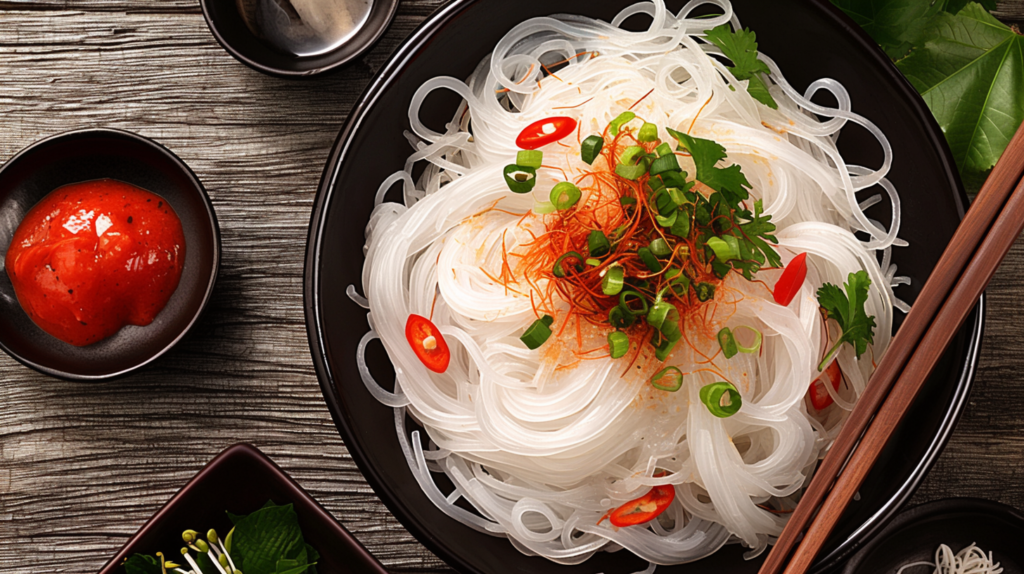
Dietary Fiber Source: Made from plant-based konjac yam, shirataki noodles are rich in fiber, Low calories, low carbs, fat free, and sugar free.
Versatility: These shirataki noodles can be used in a variety of dishes and sauces, from hearty stews and soups to salads.
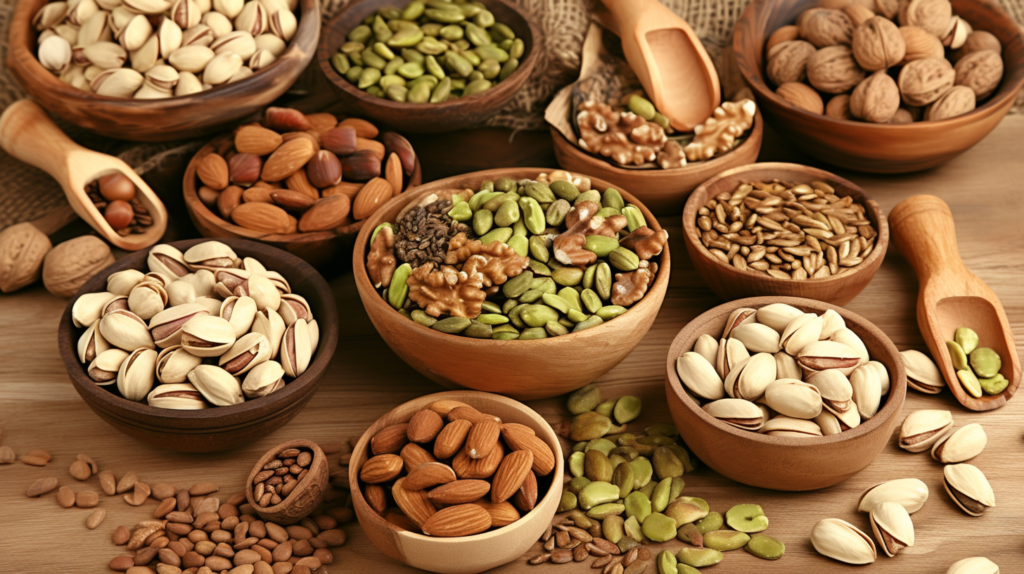
Healthy Fats and Protein: Nuts such as almonds, peanuts, cashews, and seeds like chia, flax, and hemp seeds offer a combination of protein and healthy fats.
Snacking or Meal Enhancement: Nuts and seeds can be enjoyed as snacks or added to dishes, smoothies, or oatmeal for an extra protein boost.

Protein-Packed Grains: Whole grains like quinoa, bulgur, and farro contain notable amounts of protein and essential amino acids.
Diverse Culinary Applications: These grains can serve as a base for salads, side dishes, or even as a breakfast alternative.
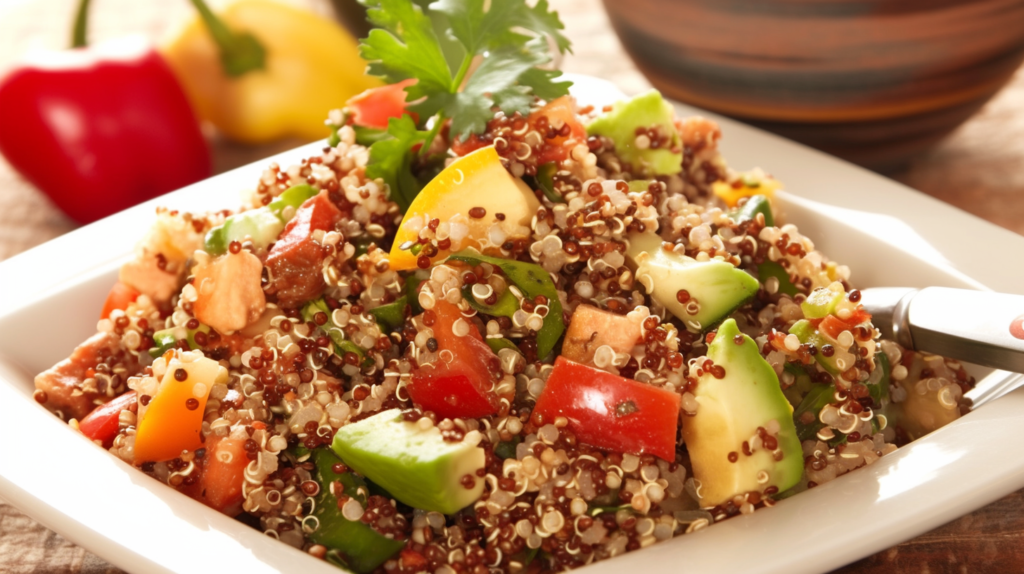
Protein-Packed Grains: Whole grains like quinoa, bulgur, and farro contain notable amounts of protein and essential amino acids.
Diverse Culinary Applications: These grains can serve as a base for salads, side dishes, or even as a breakfast alternative.
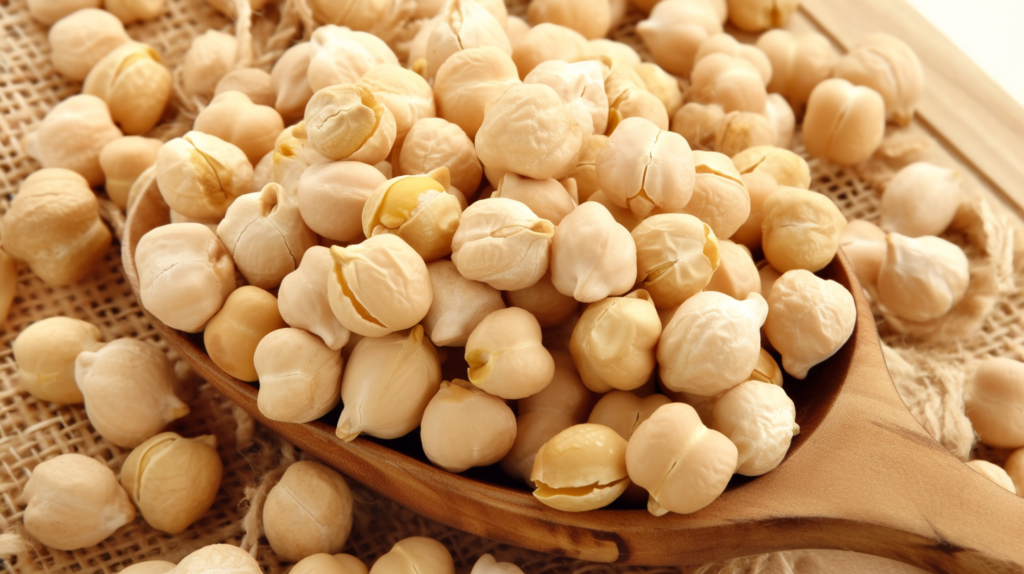
Protein-Packed: Beans, lentils, chickpeas, and other legumes are excellent plant-based protein sources, also rich in fiber, vitamins, and minerals.
Versatility: They can be used in various dishes like stews, soups, salads, and veggie burgers.
Plant-Based Substitutes: Recent years, various plant-based meat alternatives have emerged, offering protein-rich options that mimic the taste and texture of meat.
Burgers, Sausages, and More: These alternatives are often used to create vegan versions of classic meat-based dishes, making the transition to a vegan diet more accessible for many.

Creamy Dairy-Free Option: Almond milk, made from almonds, is a versatile dairy alternative with a creamy texture and slight nutty flavor.
Cooking Versatility: Almond milk can be used instead of dairy milk in recipes, from baking to coffee to cereal. It comes in various flavors, including unsweetened, vanilla, and chocolate.
Probiotic-rich: Soy yogurt, a dairy-free alternative, provides probiotics for gut health.
Smooth and Creamy: Just like dairy yogurt, soy yogurt is smooth and creamy, making it a perfect choice for breakfast parfaits, smoothie bowls, or as a snack.
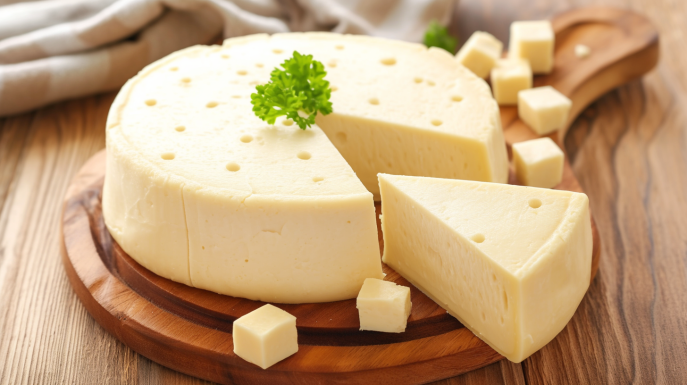
Melted Texture: Vegan cheese, made from plant-based ingredients like nuts, soy, or tapioca starch, comes in various flavors and textures.
Pizza, Pasta, and More: Vegan cheese can be used in classic dishes like pizza, grilled cheese sandwiches, and macaroni and cheese. It’s also excellent for charcuterie boards.
Tropical Indulgence: Coconut milk, derived from coconuts, is rich and creamy, It’s often used in both sweet and savory dishes.
Curries and Desserts: Coconut milk is a star in curries, soups, and tropical desserts like coconut rice pudding.
Creamy with Oats: Oat milk, made from oats, has a creamy texture and neutral taste, popular among baristas for lattes and cappuccinos.
Barista’s Choice: It’s a barista’s favorite for creating lattes and cappuccinos, thanks to its foaming properties.
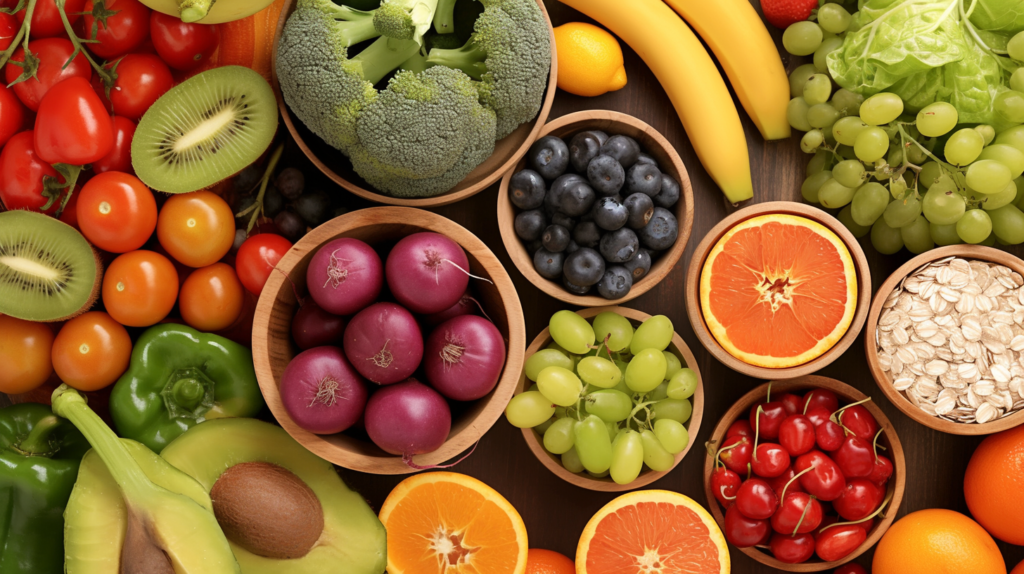
Nutrient-Rich Powerhouses: Fruits and vegetables contain essential vitamins, minerals, and antioxidants. They provide the body with many nutrients, often abundant in animal-based foods. Incorporating a colorful variety of fruits and vegetables ensures you get a broad spectrum of these vital nutrients.